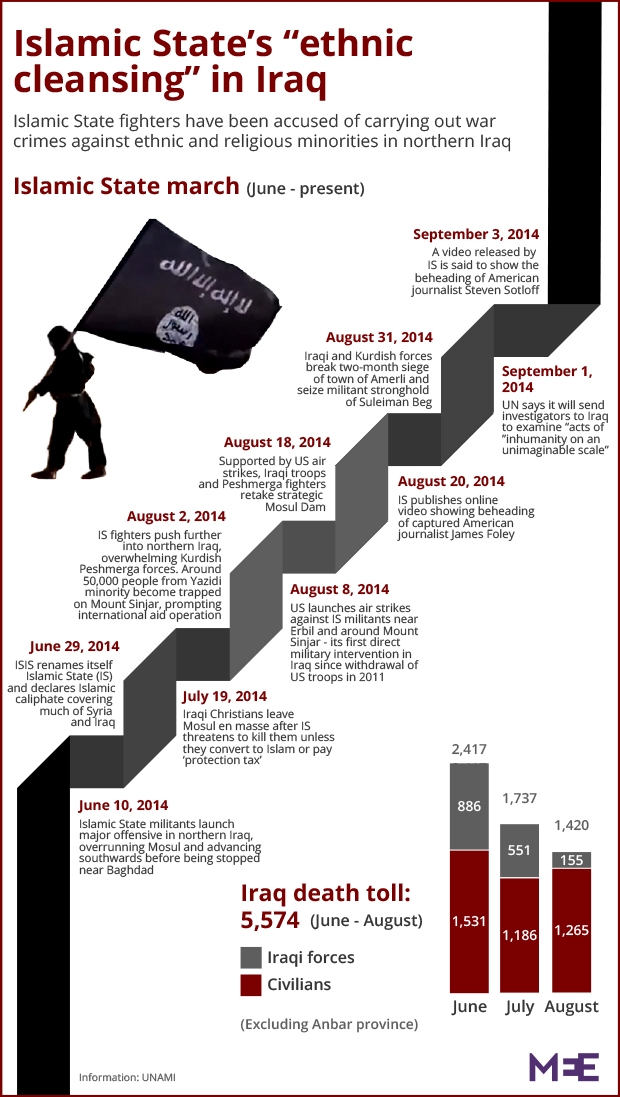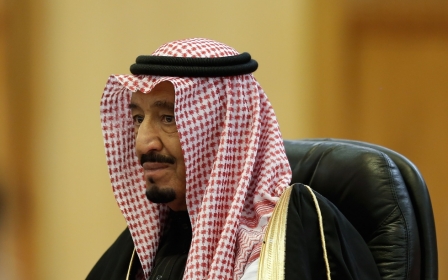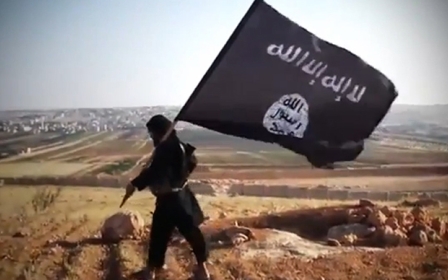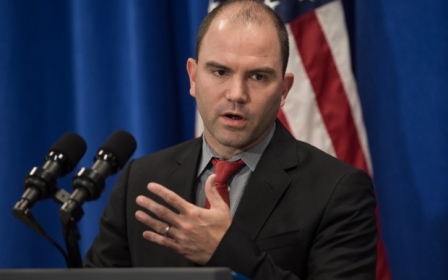Islamic State has carried out 'ethnic cleansing' in Iraq: Amnesty International
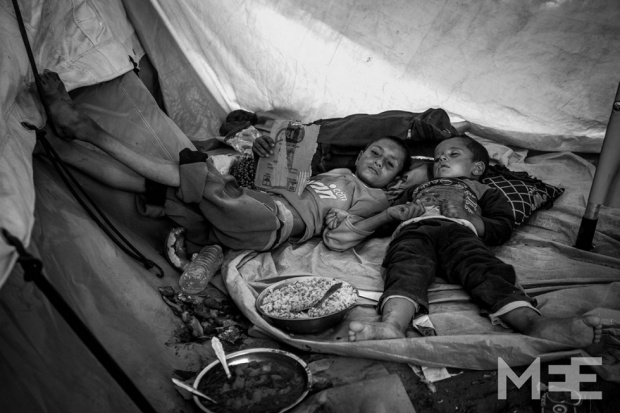
Amnesty International released a report on Tuesday detailing what it describes as “ethnic cleansing in northern Iraq,” perpetrated by the so-called Islamic State (IS). The rights group accused IS of “carrying out war crimes, including mass summary killings and abductions, against ethnic and religious minorities” in several incidents during August.
The report, Ethnic cleansing on historic scale: the Islamic State’s systematic targeting of minorities in northern Iraq, includes “hair-raising” accounts from survivors of the alleged massacres in the Sinjar region of northern Iraq, where IS militants have seized power from Iraqi authorities in recent weeks.
Dozens of men and boys in Sinjar are described as having been rounded up by IS fighters and taken to village outskirts where they were massacred in groups or shot individually.
Two of the bloodiest incidents are said to have taken place on 3 and 15 August in the villages of Qiniyeh and Kocho respectively. Amnesty said the number killed ran “into the hundreds” and included children as young as 12 years old.
“There was no order, they [the IS fighters] just filled up vehicles indiscriminately,” one survivor of the massacre in Kocho told Amnesty International.
Another survivor, Salem, who hid near the massacre site for 12 days before escaping, told Amnesty about the “horror” of hearing IS militants killing large numbers of men and boys.
“Some could not move and could not save themselves; they lay there in agony waiting to die. They died a horrible death. I managed to drag myself away and was saved by a Muslim neighbour; he risked his life to save me; he is more than a brother to me. For 12 days he brought me food and water every night. I could not walk and had no hope of getting away and it was becoming increasingly dangerous for him to continue to keep me there,” he said.
Salem managed to escape the area by donkey and rode to nearby mountains before travelling onto areas under the authority of the Kurdistan Regional Government (KRG).
Hundreds, possibly thousands, of people from the Yezidi minority are still being held captive by IS, according to Amnesty. IS militants are said to have threatened them with rape or pressured them to convert to Islam and entire families have reportedly been abducted by the group.
“We get news from some of them but others are missing and we don’t know if they are alive or dead or what has happened to them,” said one man, who gave Amnesty a list of 45 missing relatives – all of whom are women and children.
The London-based watchdog warned of further ethnic cleansing in the area and called on Iraqi authorities to protect the country’s myriad minorities from persecution by the IS.
“The Islamic State is carrying out despicable crimes and has transformed rural areas of Sinjar into blood-soaked killing fields in its brutal campaign to obliterate all trace of non-Arabs and non-Sunni Muslims,” said Donatella Rovera, Amnesty International’s Senior Crisis Response Advisor currently in northern Iraq.
“Instead of aggravating the fighting by either turning a blind eye to sectarian militias or arming Shi’a militias against the IS as the authorities have done so far, Iraq’s government should focus on protecting all civilians regardless of their ethnicity or religion,” she added.
The Shiite dominated Baghdad government has been accused of sectarian policies that have fuelled divisions within Iraqi society. These social cleavages are said to have resulted in popular local support for the IS, along with their Baathist and Sunni militant allies, during a sweep across Iraq that has seen vast areas of the country fall out of government control.
The US has called for a global coalition to fight the IS’ “genocidal agenda” and launched air strikes against the group in northern Iraq. The American administration has carried out reconnaissance flights in Syria to assess the situation there but are said to be undecided on whether to expand their bombing campaign into the group’s regional stronghold in Raqqa province.
Middle East Eye propose une couverture et une analyse indépendantes et incomparables du Moyen-Orient, de l’Afrique du Nord et d’autres régions du monde. Pour en savoir plus sur la reprise de ce contenu et les frais qui s’appliquent, veuillez remplir ce formulaire [en anglais]. Pour en savoir plus sur MEE, cliquez ici [en anglais].


